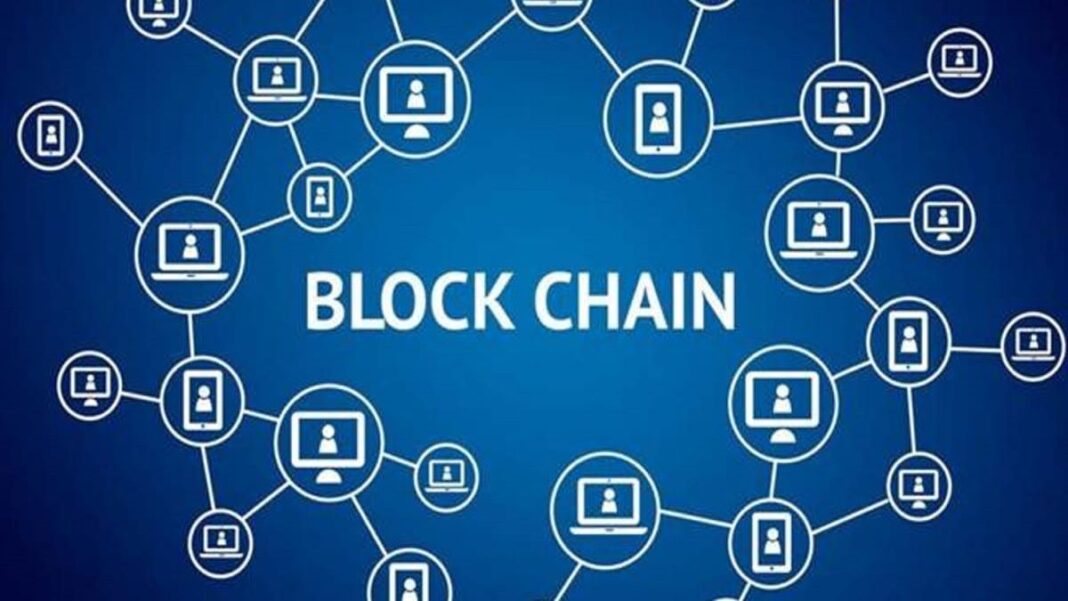By Pratik Gauri Over the last few years, governments and organizations worldwide have realized that mitigating climate change and biodiversity loss challenges are only possible through innovation. One of the tools that could be highly effective in tackling the climate crisis is blockchain. A blockchain is a digitally distributed, decentralized ledger utilized to track and verify transactions.
Although what made it famous was being known as the technology behind cryptocurrencies such as Ethereum and Bitcoin, researchers are now finding its use in solving the fundamental questions around the climate crisis, which includes tracking the sustainability of products and, more directly, the real-time monitoring of pollution. Blockchain could be utilized to ensure sustainable business practices via: Renewable energy According to a UN Environment Programme UNEP’s report, the distributed ledger technology (DLT) can provide vast improvements by allowing investors, renewable energy developers, and purchasers to collaborate on a common platform with established global standards for compliance and due diligence. An innovative app developed in Australia, has begun looking at the impact of blockchain.
Based in India’s Uttar Pradesh, this pilot project allows homeowners with solar panels on their rooftops to sell power to others on the grid. This involves setting up prices in real-time and implementing transactions over the blockchain. These systems can help increase the deployment of renewable energy and help states move away from unsustainable electricity subsidies.
Another innovation in South Africa-based renewable energy startup allows anyone with an internet connection to purchase solar panels online and rent them to hospitals, schools, businesses and other companies in Africa. The app utilizes the Bitcoin blockchain for making cross-border payments. This eliminates any potential intermediaries between investors and beneficiaries.
Through this app’s advantage and ease of solar panel purchase, companies in South Africa have reduced their energy costs by nearly 30%. Sustainable supply chain management One of the most critical uses of blockchain is for a sustainable and environmentally friendly supply chain. DLT technology is ideal for tracking products from the manufacturer and helps prevent inefficiency and waste by making supply chains transparent.
The DLT technology also allows consumers to be better informed of how the products were made and shipped. This will enable them to make environmentally friendly choices. A new blockchain project focuses on making supply chains transparent.
It is a public open-source blockchain developed for providing material business benefits to developers and financial services participants utilizing its registry, ledger and exchange capabilities throughout multiple markets. Recycling An area of environmental sustainability where blockchain can have a significant impact is recycling. By implementing a recycling program on the blockchain, organizations can give financial incentives to individuals in the form of a cryptographic token.
This could be in exchange for depositing recyclables such as plastic cans, bottles, containers etc. This helps to track essential data such as cost, volume and profit and also helps to evaluate the environmental impact of an individual or company participating in the program. Many organizations are already working on such Blockchain-based recycling programs.
For instance, some companies are working toward creating an application that can help to monetize ocean plastic. This company turns plastic into currency through its sustainability project by successfully setting up collection centres across third-world countries. This allows people to deposit used plastic in exchange for different incentives such as cash benefits, phone charging etc.
The organization is now working on a blockchain-powered application that allows users to exchange plastic for cryptographic tokens. A blockchain-based decentralized application (dApp) provides users with a reward and incentive system for recycling aluminium, plastic and steel cans. By partnering with global offset and reward partners and utilizing our app-based collection points, we will incentivize people to recycle more and be rewarded for it.
The RTC application will allow individuals to return their used plastic containers in exchange for a token via automated machines in Europe and other parts of the world. The author is co-founder and CEO, 5ire.
From: financialexpress
URL: https://www.financialexpress.com/digital-currency/the-use-of-blockchain-technology-in-tackling-climate-crisis/2556678/



